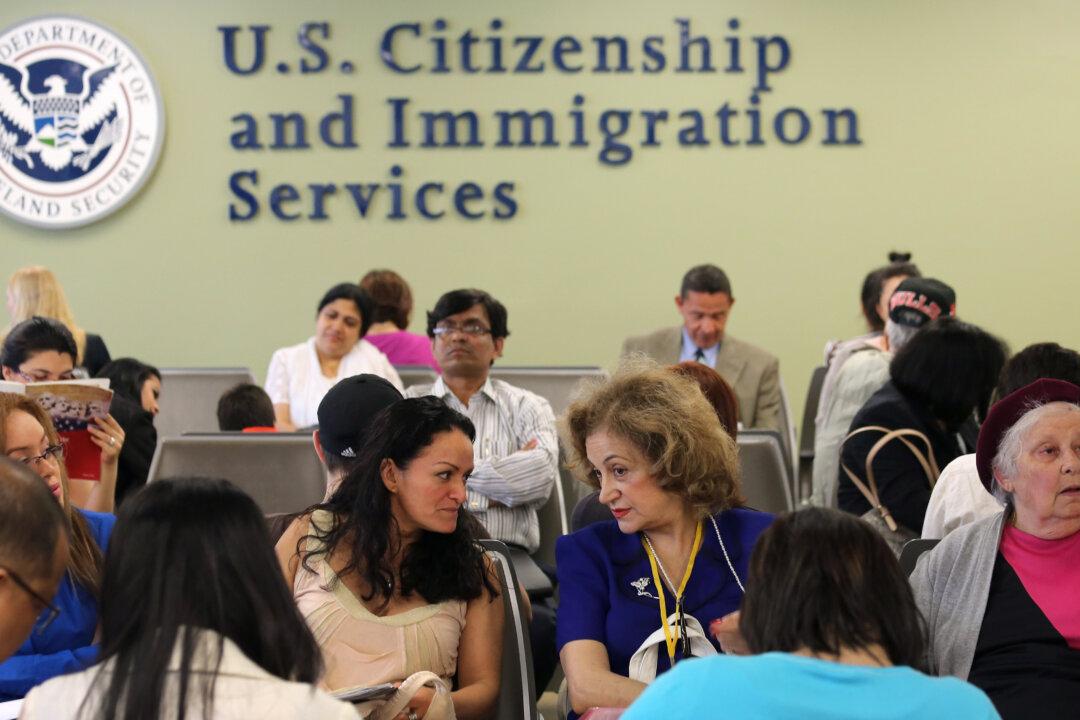The House on Saturday unanimously passed a bill to temporarily prevent major staffing furloughs at the U.S. Citizenship and Immigration Services (USCIS) due to budget shortfalls.
The USCIS, which operates primarily on citizenship, green-card, and visa fees it charges to those who seek to legally enter or stay in the United States, said that it was running out of funds and would have to furlough 13,355, or 67 percent of its 19,881 employees by the end of August.





